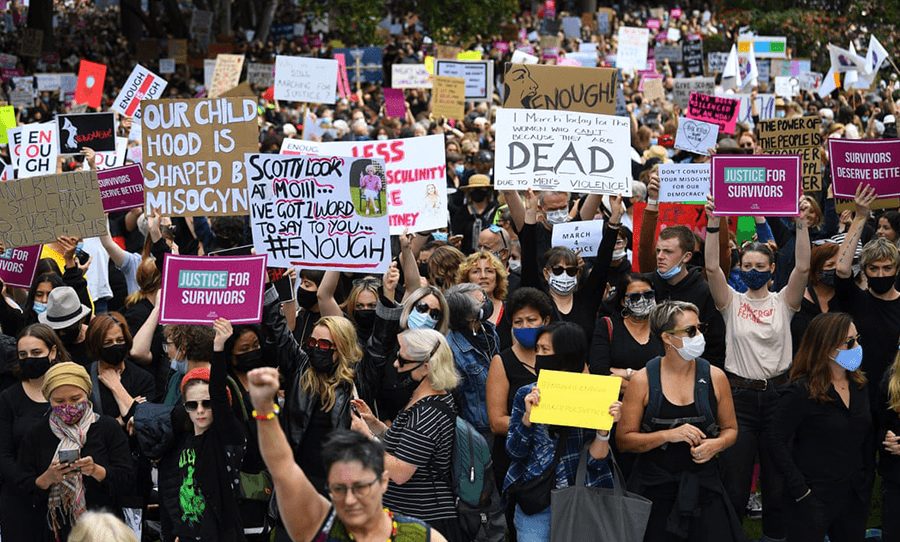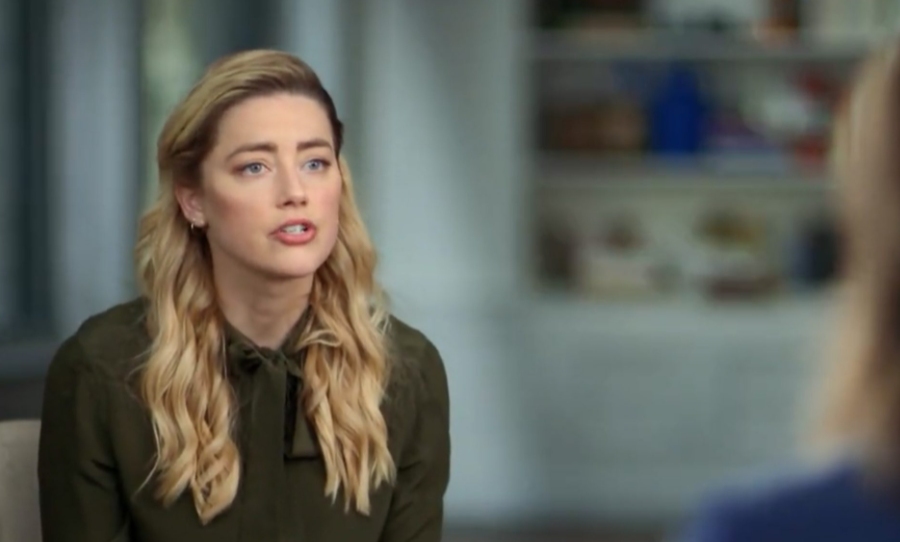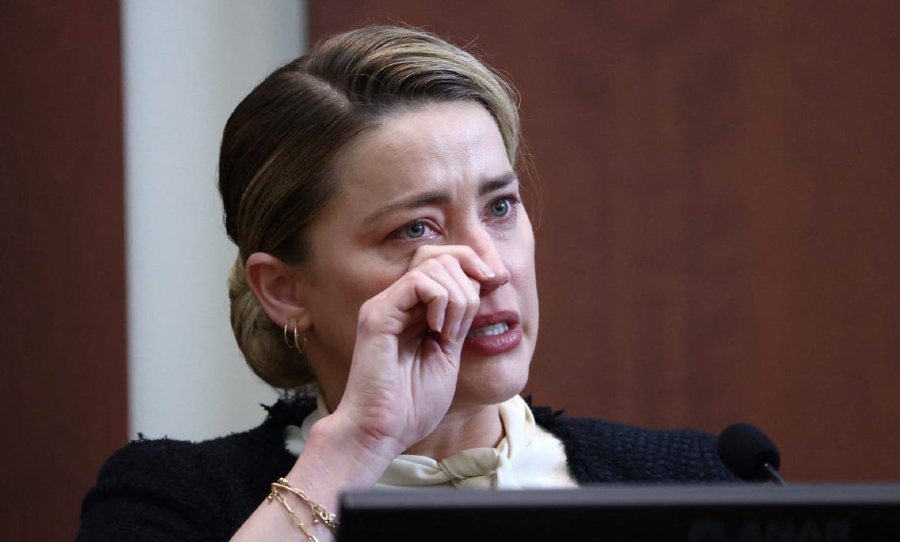Finally, the NSW Government has committed to making coercive control a criminal offence.
*WARNING* This article discusses domestic violence and domestic abuse.
The NSW government is finally doing something good with their time.

Coercive control is a form of abuse that can isolate the victim from a network of support and often involves control of their finances, movement and access to technology. In turn, the victim often becomes reliant on the abuser, making it extremely difficult for them to leave the abusive relationship.
Frequently, the abuse begins as psychological manipulation such as gaslighting, and can quickly lead to the abuser cutting off communication with the victim’s friends and family, and even setting up hidden cameras and tracking devices to monitor their partner at all times.
An inquiry into domestic abuse has recommended that the NSW Government take 23 steps to help prevent the abuse. The Government have shown their support for 17 of these recommendations, including the criminalisation of coercive control.
Attorney-General and Domestic and Sexual Violence Prevention Minister Mark Speakman has stated, “no person deserves to live in fear, and it is among our responsibilities in government to uphold the safety and human dignity of all of our citizens”.
He continued, “Coercive control is also a red flag for intimate partner homicide. The Domestic Violence Death Review Team led by the Coroner found that intimate partner homicide in NSW is typically preceded by coercive control often without any recorded physical violence.”
The Government said they will put together a public campaign against coercive control, which they will develop in consultation with members of culturally and linguistically diverse communities.
However, the approach to the laws has been regarded as ‘racist’, particularly towards Aboriginal and Torres Strait Islander women.
First Nations communities are concerned that the Police discretion involved with these laws could further empower a criminal justice system that regularly fails and exploits Aboriginal and Torres Strait Islander peoples.
In Queensland’s terms of reference for the taskforce against coercive control, the only time it mentions Aboriginal and Torres Strait Islander women and LGBTQIA+ women, it explicitly requests that they be considered “both victims and offenders” when there is absolutely no mention of other women being considered “offenders”.
This approach to the law has been frustrating for many including Chelsea Watego, a Munanjahli and South Sea Islander woman and academic. She told The Guardian, “I’m actually shocked how explicitly the taskforce sets up the terms to exclude Indigenous women. The only time we’re named is to remind people we’re a potential offender.”
The Government has the responsibility to protect victims of domestic abuse while recognising the experiences of Aboriginal and Torres Strait Islander peoples, the LGBTQIA+ community, Refugees, and other communities who are rarely given a voice.
It’s hard to believe that in most Australian states, such blatant forms of abuse are still legal. Especially when you consider that Tasmania, the only state who has laws addressing coercive control, passed those laws 15 years ago.
Yet, the urgency required to save vulnerable lives doesn’t seem to be reflected by the political dawdle against domestic abuse.
If you need help, here are some available services.
If you’re in immediate danger, call 000.
If you need support or counselling, contact 1800RESPECT on 1800 737 732 or chat online.
If you’re under 25, you can reach the Kids Helpline at 1800 55 1800 or chat online.



